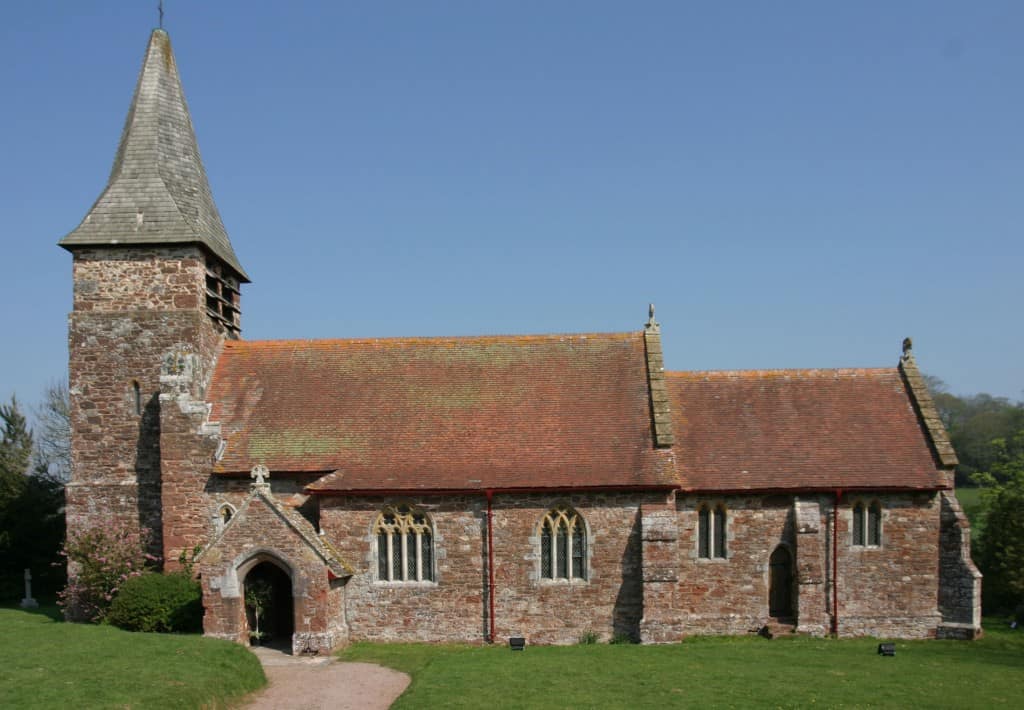⏱️ Estimated Reading Time: 5 min read
Here are five reasons why I feel Christians should be members of a local Church. This isn’t an exhaustive list, but these reasons give Christians a biblical framework to think through why they should be members of a local church.
First, The Bible clearly teaches that God made a distinction between His people and the world (Lev 13:46; Number 5:3; Deut. 7:3). Christ says that entering the Kingdom of God means being bound to the Church “on earth” (Matthew 16:16-19; 18:17-19). The New Testament refers to some people being inside the Church and some people being outside the Church (1 Cor. 5:12-13). The church in Corinth consisted of a definite number of believers, such that Paul could speak of a punishment inflicted by the majority (2 Cor. 2:6). Not only does the New Testament speak of the reality of church membership, but its dozens of “one another” passages are written to local churches. The “one another” passages in the New Testament fill out our understanding of what church members should look like practically. Biblical church membership is important, because the Church presents God’s witness to Himself in the world, and displays His glory. In fact, non-Christians should see in the lives of God’s changed people that God is holy and gracious and that His gospel is powerful for saving and transforming sinners.
Second, the Epistles were all written to local churches. A brief sampling of Paul’s epistles make this abundantly clear:
1 Corinthians 1:1-2,
“To the church of God that is in Corinth, to those sanctified in Christ Jesus, called to be saints together with all those who in every place call upon the name of our Lord Jesus Christ, both their Lord and ours:”
2 Corinthians 1:1-2,
“Paul, an apostle of Christ Jesus by the will of God, and Timothy our brother, To the church of God that is at Corinth, with all the saints who are in the whole of Achaia.”
Philippians 1:1-2,
“Paul and Timothy, servants of Christ Jesus, To all the saints in Christ Jesus who are at Philippi, with the overseers and deacons.”
Galatians 1:1-2,
“Paul, an apostle—not from men nor through man, but through Jesus Christ and God the Father, who raised him from the dead— and all the brothers who are with me, To the churches of Galatia:”
1 Thessalonians 1:1-2,
“Paul, Silvanus, and Timothy, to the church of the Thessalonians in God the Father and the Lord Jesus Christ: Grace to you and peace.”
Third, Christ saves Christians to live in community with other believers. Christ calls believers to local church membership not just for our spiritual growth, but also so that they may use their spiritual gifts in the context of the local Church.
Fourth, it was the model of the early Church. Some people think that meeting together with other Christians is not important because the early Church only gathered in small groups in Acts 2:42-48. However, this view ignores history. As the Church continued to grow, they gathered together in large gatherings. There were small group meetings, but there were also large gatherings. Regardless if the local church meets in a building or in a home it doesn’t matter. The Church is comprised of people who have been regenerated by the work of the Spirit. The people of God are to gather to worship together in Spirit and Truth, to hear the preached Word, participate in communion, baptism, and then scatter to spread the Great Commission in their families, neighborhoods, cities, and to the nations.
While many people have a problem with the “local Church” the Bible clearly teaches that professing Christians are to be members of local Churches. While local churches may have many issues, the Church itself is purchased by Christ to be counted blameless. The members inside the Church are justified sinners, meaning they are made right with God through the blood of Jesus but still growing in Christ-like character.
Finally, there is no lone-ranger version of Christianity; we are called to Christian community. Those who object the loudest to this often think that they can be Christians and not be in the Church. From even a cursory examination of the Scriptures, the lone-ranger view of being a Christian is not biblical. Christ saves Christians to live in community with other believers. Christ calls believers to membership in the local Church not only for their own spiritual growth but to use our spiritual gifts in the context of the local church.
Why does Christ call Christians to live in community with other Christians?
Because it provides accountability and spiritual growth!
Because it is used to grow us in likeness to Jesus Christ!
Because it empowers believers to minister in and through their local churches in order to reach one’s community, city, nation and the world with the Gospel!
Christ doesn’t save sinners so they will live in isolation or be lone-rangers—He saves them so that they will be in community with one another, speaking the truth in love to one another, “one anothering” each other, and displaying forth His character and glory to a watching world.




